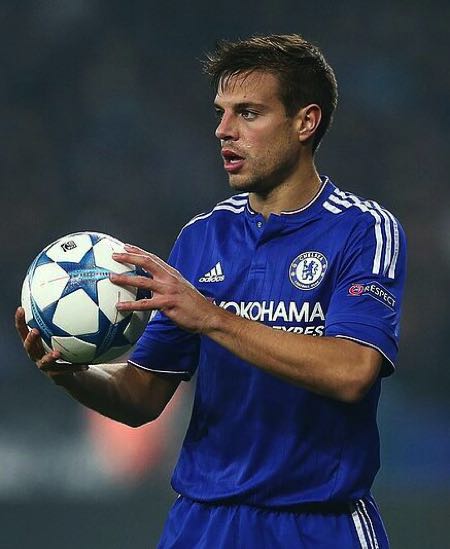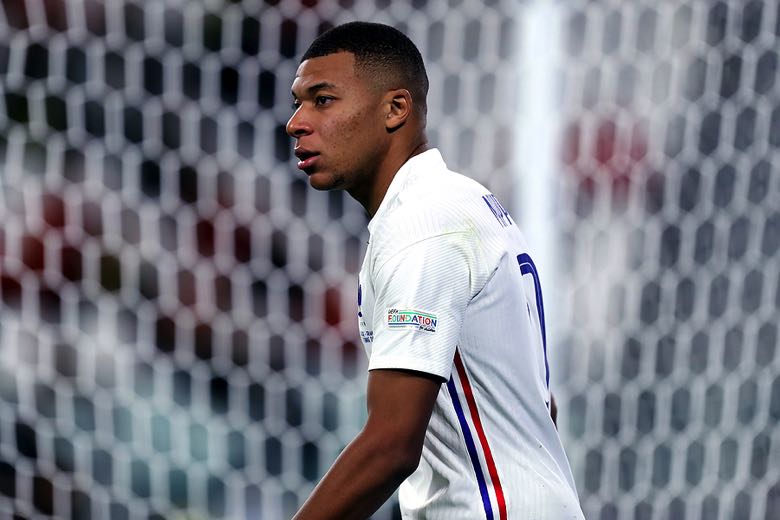When the average Joe or Jane signs a contract of employment, it’s generally pretty straightforward – this is your role, these are the hours you are expected to work, this is how much you will be paid… take it or leave it. In football, contract negotiations are often so complex that many players have taken to employing agents to flesh out the details on their behalf – securing their clients the best possible deal while taking a handsome cut for themselves.
The agent will negotiate a range of contractual terms on behalf of the player, from salary and bonuses for goals, clean sheets and the like to image rights, all of which are designed to secure the most lucrative agreement possible. But the buying club is not entirely powerless, and they too can implement a range of contractual obligations – one of which might be the automatic extension clause. So, what is an automatic contract extension and how is it triggered?
What Is a Contract Extension Clause?

Heading into the final months of his lengthy Chelsea contract, defender, César Azpilicueta, knew that if he made the requisite number of appearances during the 2021/22 season, his deal would automatically be extended by another year. And that, in a nutshell, is what an automatic contract extension clause is in football – a pre-agreed requirement that, if satisfied, will extend the player’s contract in a legally binding manner.
It’s a clause that a club may insist on particular players having – particularly those who are in the autumn of their careers or who are injury prone. The parent club may not want them to walk away for free at the end of their deal, but they also don’t want the risk of extending the deal unless the individual is still a key figure in their squad.
Many players have some form of extension clause in their contract, from Luis Suárez back in his Barcelona days to Darren Fletcher at West Brom. The extension clause isn’t always tied in to the number of games that the player has featured in – Jesse Lingard’s deal at Manchester United was extended by a year despite the fact that he had played in just two games for the Red Devils at that point during the 2020/21 campaign.
Meanwhile, the smart cookies at Manchester City tied the contract of star striker, Erling Haaland, to that of head coach, Pep Guardiola – so when Pep signed a renewed deal with the club in 2023, Haaland’s contract was also automatically extended until 2027.
It’s not just players that have automatic contract extension clauses baked into their contracts. Many managers have them too, which will be triggered when the club finishes in a certain position in the league table. Sunderland’s sixth-place finish in 2022/23 gave Tony Mowbray an extra year in charge, that is, until he was sacked just three months after the extension was initiated!
Does a Club Have to Trigger a Contract Extension?

We venture into interesting legal territory when we discuss whether a club has to enact a player’s automatic contract extension clause. The future of Kylian Mbappé is an interesting case in point. His PSG contract was scheduled to end at the conclusion of the 2023/24 season, but that would have been extended by a year had the Parisians won the Champions League – as per the Frenchman’s contractual clause.
But the forward has made no secret of his desire to leave the club, so would PSG be better served to not keep an unhappy player and let him go by not triggering his extension? A one-year extension clause in the Arsenal contract of Pierre-Emerick Aubameyang would have seen him enjoy a pay rise – the Gunners, who didn’t necessarily want to keep the player anyway and certainly not on a higher wage, decided not to trigger his longer deal.
Is a club legally obliged to trigger the extension clause? The answer is… it depends. Some contract extension clauses are reciprocal – that is, both parties (player and club) have to agree to the extension being triggered. But a more common form of extension clause is unilateral, which essentially means that the club in question has the exclusive right as to whether the clause is triggered or not.
There is nothing in FIFA’s regulations that prevents clubs from offering unilateral contract clauses to their players, so it really is up to the individual in question as to whether they are going to sign the offered deal – effectively agreeing to the possibility of their contract being extended beyond their control – or not.
Some legal experts have claimed that contract extension clauses can, in certain cases, be an infringement of national or EU employment law within individual countries – therefore, in theory, such clauses could be rendered invalid. That said, there isn’t any legal precedent of note of a player wriggling out of a contract extension clause – while that situation remains, nothing will change.
Manchester United: Kings of the Automatic Extension Clause
 Because there is risk inherent in the possibility of contract extension clauses being triggered by underperforming, ageing or injury-prone players, many clubs have decided not to use them in their negotiations any more. But not so Manchester United, who remain a prolific advocate of such contractual easter eggs being offered to their players.
Because there is risk inherent in the possibility of contract extension clauses being triggered by underperforming, ageing or injury-prone players, many clubs have decided not to use them in their negotiations any more. But not so Manchester United, who remain a prolific advocate of such contractual easter eggs being offered to their players.
By even a conservative count, as many as ten players have been tied down for another year using this method in recent seasons – from Lingard and Marouane Fellaini to Marcus Rashford, Luke Shaw and Aaron Wan-Bissaka. The technique is designed to reduce the power that the players have, preventing them from walking away for free when their contract runs out and stopping them from opening up pre-contract talks with overseas clubs – as they are allowed to do from the January in which their deal is timed to run out.
By implementing contract extension clauses, United protect their assets without necessarily locking themselves into an expensive new contract – as we’ve learned, there is no legal process via which they are forced to enact the extension. The downside is that they may end up extending the stay of a player that goes on to get injured or play few games, which is the risk of such contractual tomfoolery.

